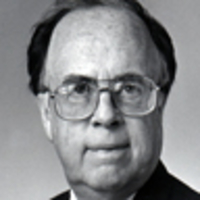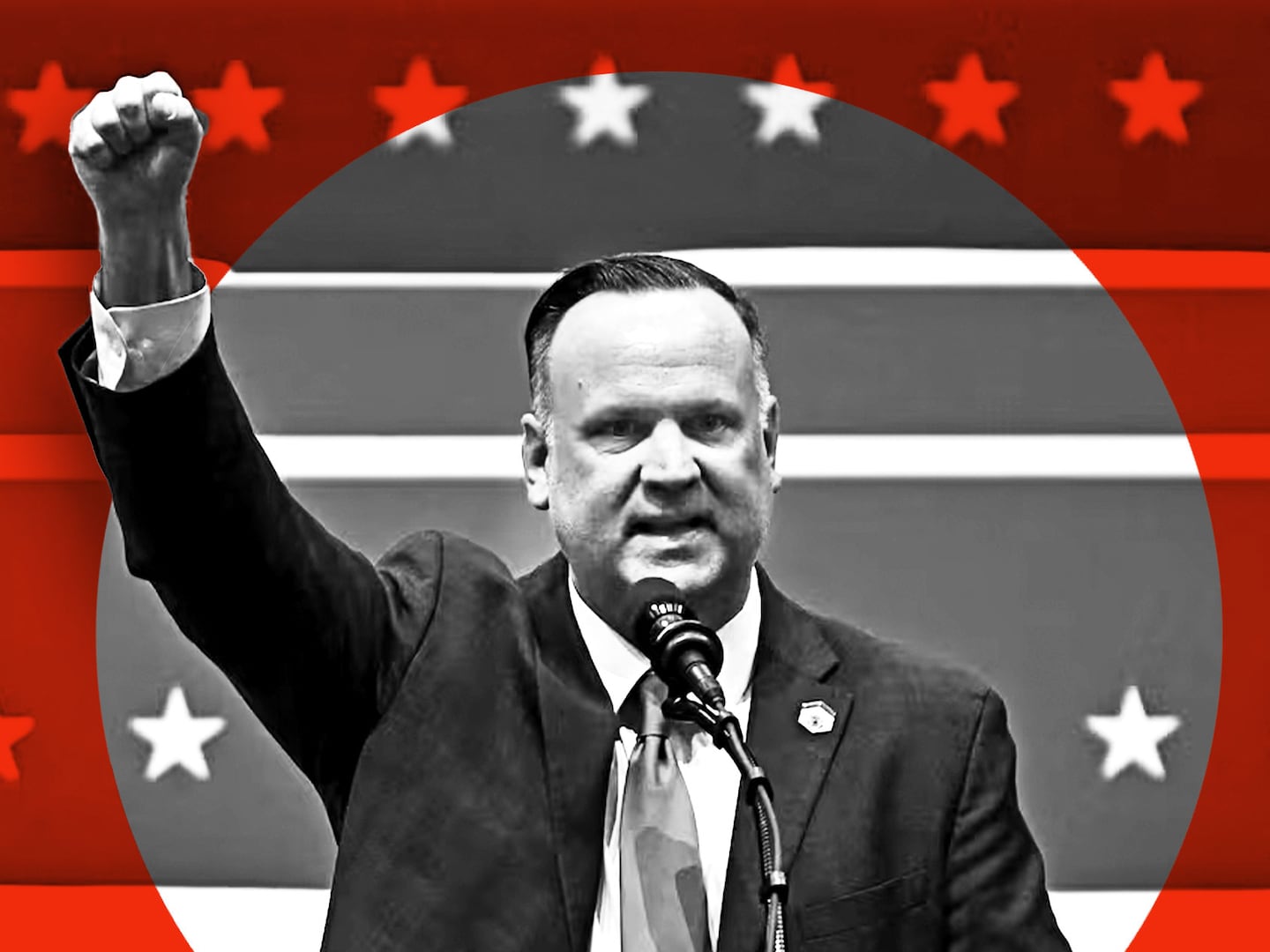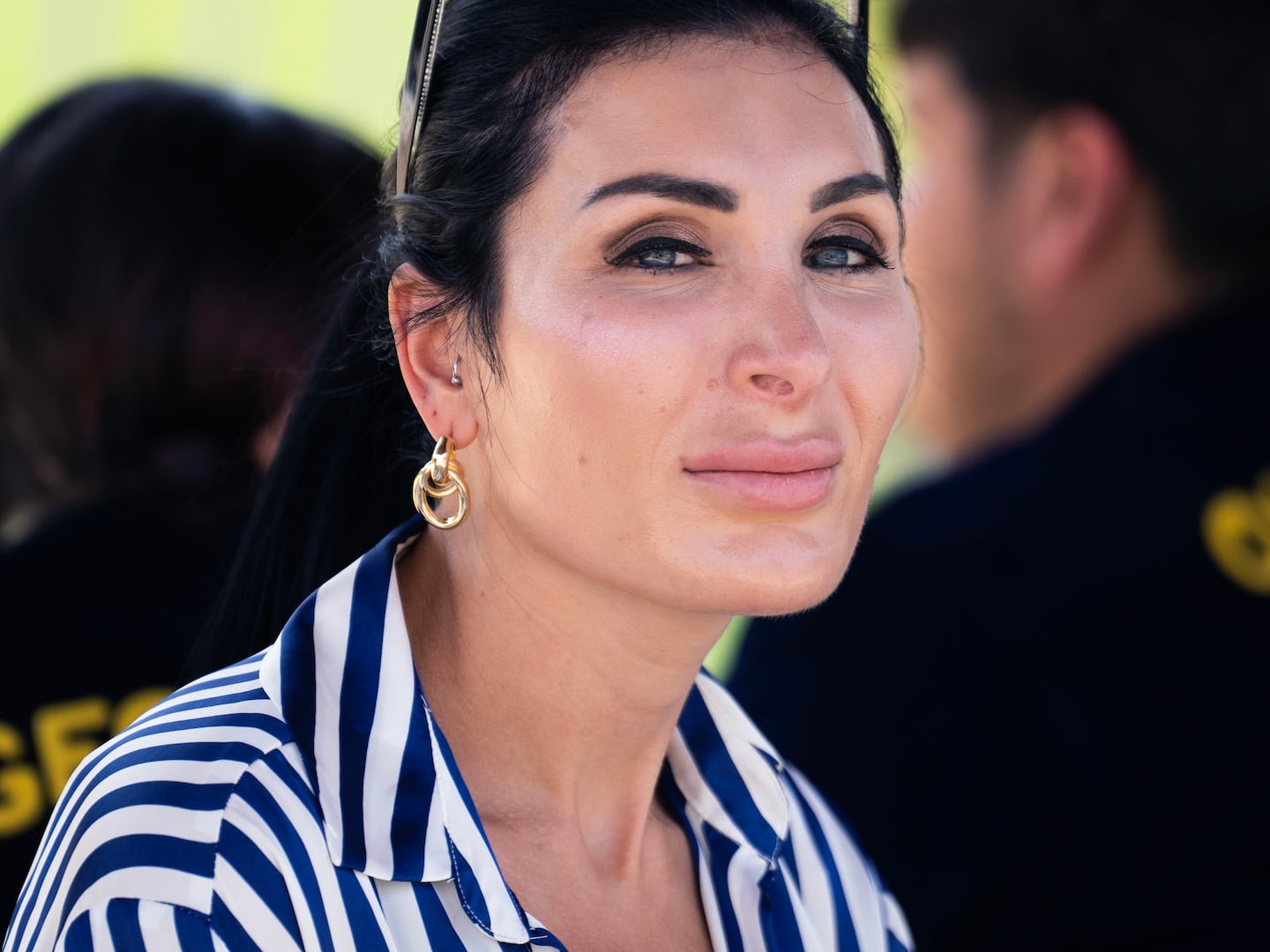
Watching the action on Capitol Hill these days, the definition of national interest often seems to be: “It’s in the national interest that I cast the vote most likely to get me reelected.” Or, if a member has no risk of defeat: “It’s in the national interest that we vote as a party to make a political statement useful in campaign ads.” House Democrats gave passes to enough timid lawmakers so they only approved the climate-change bill with 219 votes and the health-care bill with 220. Senate Republicans complain that the health-care bill costs too much and then solidly vote to kill its cost-cutting elements.
It is hard to think of this Congress, as it deals with the most important domestic legislation since the 1960s, as remotely related to the Congresses of that decade, when Republicans gave Lyndon Johnson the margin of victory on civil rights despite arguments they were surrendering a chance to embarrass him. Even more remote, if more recent, are the days in 1978 when Idaho Democratic Sen. Frank Church told his wife he would back for the Panama Canal treaties but would lose his seat over that vote—or when Tennessee’s Howard Baker led a fight for the pacts despite being told it would cost him the GOP presidential nomination.
“If the worst thing that happens to me is that I get to be part of the House for two years and part of the greatest democracy ever invented—I can live with that,” Perriello says.
But every now and then, there are exceptions. Consider Democratic Rep. Tom Perriello, a 35-year-old freshman from Virginia, an upset victor in 2008 in a conservative, basically Republican district. David Wasserman, the House expert for the Cook Political Report, said “I think he is one of the most vulnerable freshman Democrats in the country.” Stuart Rothenberg, who writes the authoritative Rothenberg Report newsletter on election prospects, said Perriello was in “deep, deep trouble,” holding one of the 12 most vulnerable House seats.”
Yet Perriello voted for the climate bill. Then, after an August of 21 town meetings, typically lasting five hours with four different tea party groups weighing in, he voted for the health-care bill. Rothenberg wrote that he “seems more interested in doing what he thinks is right than getting reelected.”
Rothenberg may be right. At a town meeting in Buckingham in August, one listener told him that if Perriello voted for the health-care bill, he would personally work to ensure Perriello’s defeat next year. The congressman replied, “That is absolutely part of the democratic process and I encourage that. If the worst thing that happens to me is that I get to be part of the House for two years and part of the greatest democracy ever invented—I can live with that.”
One veteran House aide, accustomed to the pragmatic deals that pass or defeat legislation, admiringly called Perriello “an idealist.” The congressman doesn’t just talk that way, too, though he speaks of his “Catholic social conscience to reduce human suffering.” After he graduated from Yale Law in 2001, he went to Sierra Leone, established a human-rights clinic and then worked for nonprofits on pro-democracy efforts there and in Liberia, Kosovo, Darfur, and Afghanistan. He brought that social conscience to his 2008 campaign, requiring his workers to “tithe” 10 percent of their time to volunteer efforts for charities in the district, working in soup kitchens, adult daycare centers, and Habitat for Humanity.
His 2008 campaign was a long-shot race against Virgil H. Goode, Jr., a very conservative six-termer who hit at immigrants, Muslims, and Barack Obama. Goode, who had never won by less than 19 percentage points, was overconfident, and Perriello actually raised more money, bringing in $1,866,782 to the incumbent’s $1,797,231. Perriello campaigned hard on economic issues, outdueled Goode in debates, won endorsements from local papers that had backed Goode earlier, and eked out a 727-vote victory, getting 50.08 percent of the vote to Goode’s 49.85, the narrowest margin in the country.
The Obama candidacy plainly helped Perriello, even though John McCain won the district by 7,512 votes. En route to carrying Virginia, Obama’s presidential campaign opened up offices all through the 5th District, which spills south from Charlottesville into Southside Virginia, a triangle with its base on the North Carolina line. And it stirred enthusiasm among college students and African Americans. Larry Sabato of the University of Virginia calls it “a bipolar district”—liberal and heavily Democratic around Charlottesville, conservative and Republican elsewhere.
Those Obama advantages will not be there for Perriello in 2010, and that is a major factor in the Washington judgment that he faces a very tough race, a view that Sabato shares. While “it will be tough for Perriello to be reelected,” Sabato says, “there is a path for potential victory. It will be up to the Republicans to fracture”—either by picking a conservative nominee without Perriello’s political skills or with a third-party candidate who could draw off enough votes to enable the Democrat to win. The threat of an independent candidacy became the more likely path Saturday, when local party leaders voted to pick a nominee through a primary, not a convention. That decision will help the most experienced GOP hopeful, state Senator Robert Hurt, but may encourage a splinter candidacy from tea partytists who don't think of him as a perfect conservative.
Until then, Perriello seems cheerfully content. He refers to intense town-hall meetings as “very exciting, a positive thing in a democracy.” He voted for the health-care bill, after supporting the Stupak antiabortion amendment, as a “moral necessity” to help Virginians. But, in an interview, he said he took as much satisfaction from a White House event where a community health center in his district got a $5 million grant.
Of 13 Democratic freshmen in districts won by McCain, Perriello was the only one to vote for both bills. Perriello acknowledges those votes could make him a one-termer. “If you want to stay here too much,” he says, “then you never get done what you came here to do.”
Adam Clymer is a former chief Washington correspondent of The New York Times and author of Edward M. Kennedy: A Biography.






